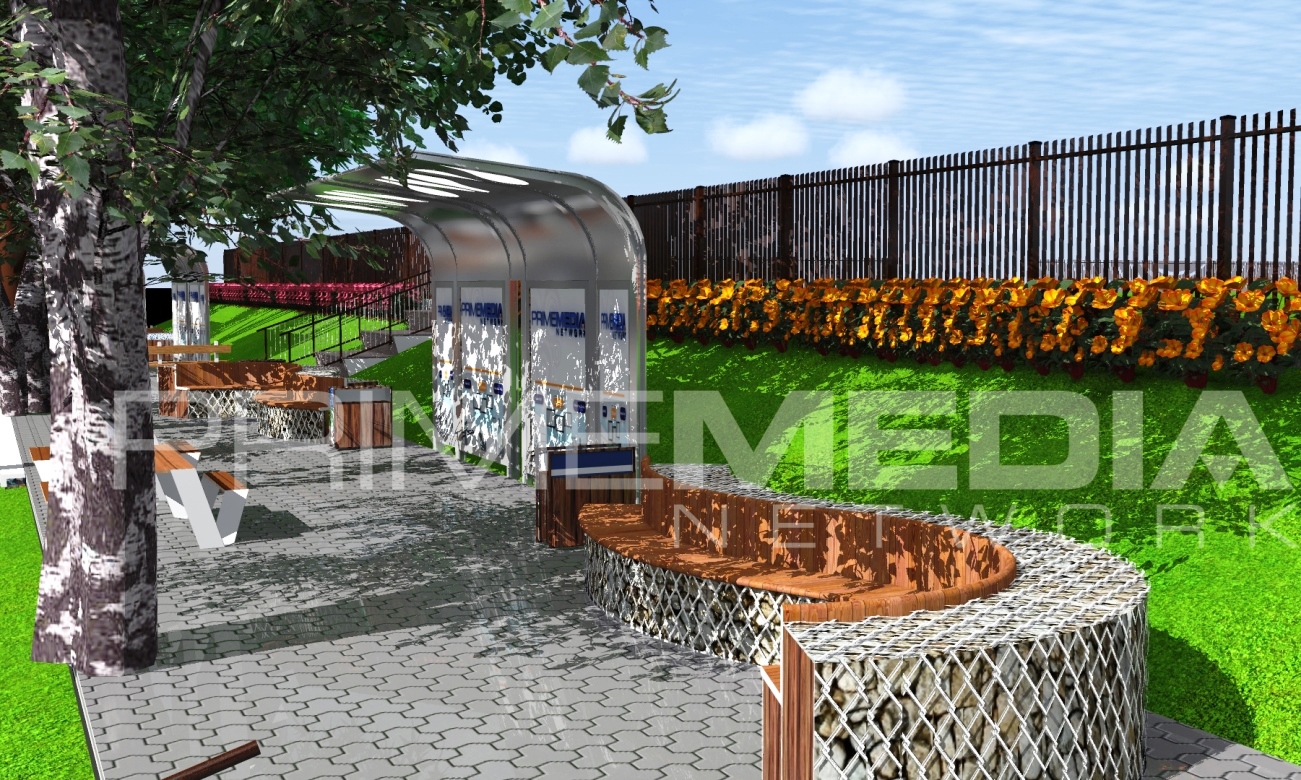The Makerere University Council and Management have finalized the procedures for upgrading and beautifying the legendary Makerere University Freedom Square into a modern 21st century green space. The project that kicked off in July 2019, will be implemented by Prime Media Network in a phased approach.
According the Deputy Vice Chancellor (Finance and Administration), Prof. William Bazeyo, the redevelopment shall maintain the Square’s originality; preserving the historic trees, but the grounds shall be beautified by undertaking some simple landscaping, constructing a fence, maintaining the greenery, and installing a modern lighting system.

“It is going to be designed with furniture installed on the peripheral to give people shade and sitting space; as well as litter bins with the aim of keeping the place clean and fresh. We also plan to install free internet hotspots for students’ usage,” he said.
The Freedom square is one of Makerere University’s most famous landmarks because of its legendary function and strong historical background. Located between Makerere University Main Building (the administrative block), the University Library and the School of Social Sciences, the Freedom Square has always been a ceremonial ground.

The Freedom Square was the venue for the cutting of the first sod for the Main Administration Building (at the then Makerere College) by His Royal Highness, The Duke of Gloucester on 3rd November 1938. On 8th October 1970 Makerere University was officially inaugurated as an autonomous university from the University of East Africa (UEA). The Government of H.E. Dr. Apollo Milton Obote organised a grand ceremony in the Freedom Square to which Presidents H.E. Jomo Kenyatta of Kenya, H.E. Julius Nyerere of Tanzania and H.E. Kenneth Kaunda of Zambia were invited. Then the Out-going Guild President, Hon. Prof. Peter Anyang' Nyong'o had the privilege of bearing the University Mace.
Since that day, the Freedom Square has played host to the making of countless graduation memories. Prominent leaders from around the world have received their Bachelors, Masters, PhDs and Honorary Doctorate degrees of Makerere University in the Freedom Square.

To many, the square is a symbol of freedom. It is a testament to staff and students of the value Makerere University accords to the values of freedom of expression and assembly. The ongoing facelift will only serve to protect and further cement that reputation.
Article by Nabatte Proscovia, Mak Public Relations Office.

 General1 week ago
General1 week ago
 Natural Sciences1 week ago
Natural Sciences1 week ago
 Agriculture & Environment6 days ago
Agriculture & Environment6 days ago
 Health2 weeks ago
Health2 weeks ago
 Health1 week ago
Health1 week ago





